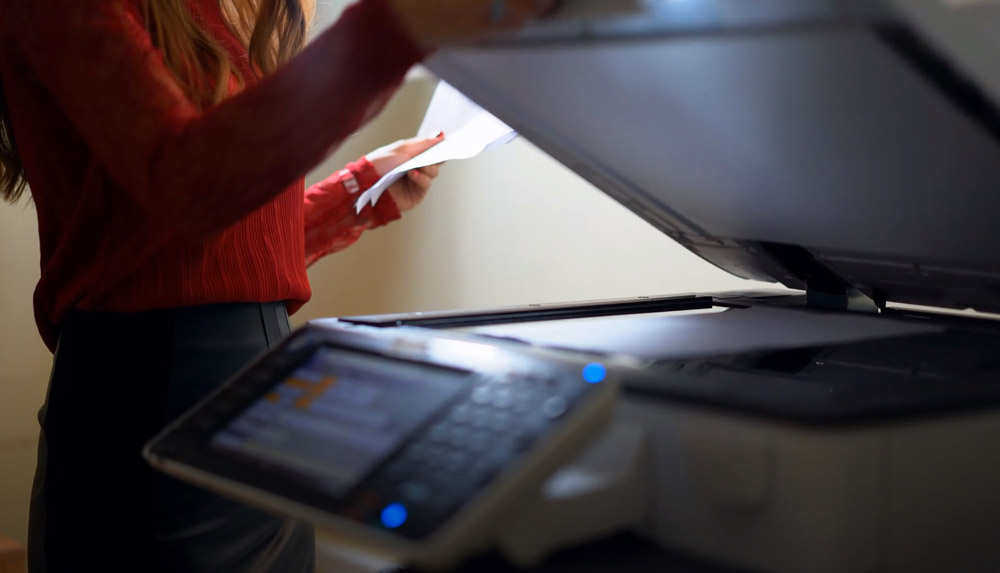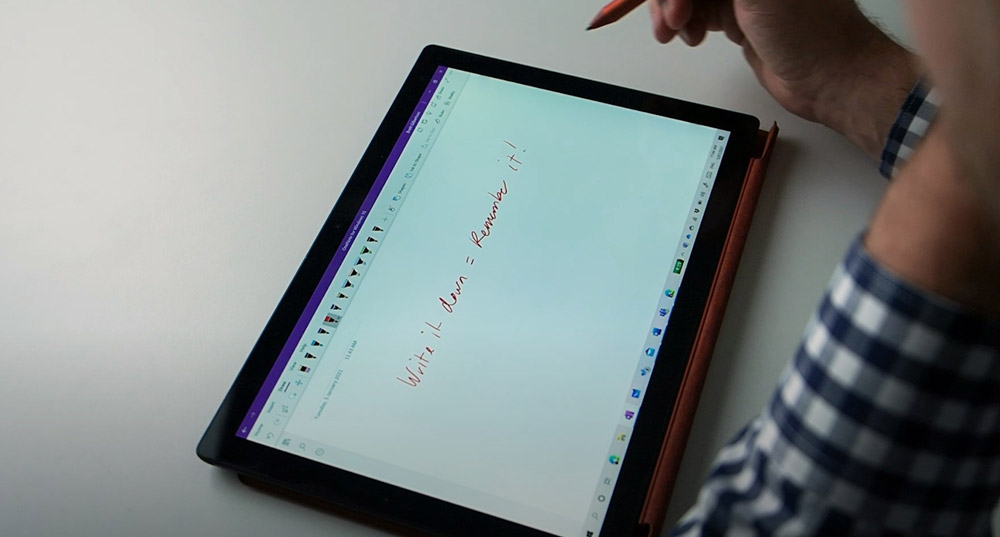Out of the enormous body of research on the effect of longhand notetaking on memory and cognition, one study gained quite a bit of attention in around 2014. The paper is called, “The pen is mightier than the keyboard” and its author was a graduate student at Princeton – Pam Mueller. She worked on this paper with Daniel Oppenheimer, a professor of psychology from Harvard.
If you’re from then USA, you might recognize Pam Mueller! She is actually a very accomplished jeopardy contestant. We don’t get jeopardy on TV in Australia but we know what it is.
You can dig up some interviews with Pam Mueller on YouTube where she talks about this paper and tells the story of the premise behind it. Here’s my short version:
Like most students of the modern age, Pam was busy taking lecture notes on her laptop. However, for some reason she found herself one day at a lecture without her laptop, and she was forced to take notes by hand. Longhand notes with pen on paper. But after the lecture, she felt that she had a much clearer memory of the lecture. And, in discussions with her professor, they decided to author a paper on the topic.

Writing Vs Typing
The participants of this study were asked to watch 15 minute Ted talk. Initially one group was asked to type notes on a laptop, and a separate group to take notes with pen and paper. Later on, students were asked to recall facts and to elaborate on topics covered in the Ted talk. The tests showed that people who took notes “the old fashioned way”, with pen and paper, tended to remember the details of this Ted talk better than those that took notes with a laptop.
But interestingly, they also scored better on the conceptual questions. The handwritten note takers were able to demonstrate a deeper understanding of the subject. Mueller and Oppenheimer thought that this was because the keyboard group we’re taking verbatim notes. When analyzing the notes that the laptop group took, there was a high overlap between what was said during the Ted talk, and what was typed.
In contrast, the longhand notetakers could not keep up with the speed of the speakers, effectively because handwriting is slower than typing, so they were forced to summarize thoughts. There was less overlap in their notes.

Summarize to Remember
Armed with this knowledge, they re-ran the study. This time, with the second group of laptop notetakers, they staged an intervention. They specifically asked this group to not take verbatim notes with their keyboards. They told them that summarizing was likely to give them better scores. Unfortunately, they found that even with this intervention, people with laptops still tended to take verbatim notes. There was still a big overlap between the notes that were typed and the transcript of the talk.
Their theory to explain this difference in scores is that longhand notetaking forces you to summarize, thereby causing you to think more deeply about the topic you’re taking notes about. Whereas taking notes with a keyboard, is effectively like being a human photocopier. And nobody ever asks the photocopier for advice or input!

A Surface Level Study?
As you’d expect with any good scientific paper there is some dissent. One paper claims to have re-run this study without any significant discernible results. And on the face of it, this is not a particularly deep study. It’s most interesting because of the publicity it got. But it is really a key piece of research because it’s popularity has given people a reference point for understanding the difference between typing and writing. It’s really not as simple as one being able to replace one with the other.
Ultimately this study does not really explain why long hand notetaking is superior to keyboard note taking. Pam Mueller herself acknowledged that this particular study didn’t have the scale or budget to delve into this area.
Other research however, does tell us that the brain processes triggered by handwriting are different to those triggered by typing. And a number of studies have looked at this more deeply. But this paper is a great kick off point, with some interesting data about the difference between taking handwritten notes and typing notes.
If you Write it, You Remember it
Pam Mueller’s paper demonstrates something that you probably already knew… If you write it down, you’ll remember it. That’s why handwritten to-do lists work better than any computer based list. Writing it down not only commits it to memory, but sets the task to action in your mind.

But what might be new to you is that if you type it down… You may not remember it at all. Even worse, if you’re taking notes with your laptop at a meeting or lecture, you might not understand it either.
So it’s this unique connection between writing and processing that I find interesting from this study. Taking notes is not just about keeping a record. In fact, you might find that many of notes that you take never see the light of day again! But the act of writing them down has done more for you than you realize.






